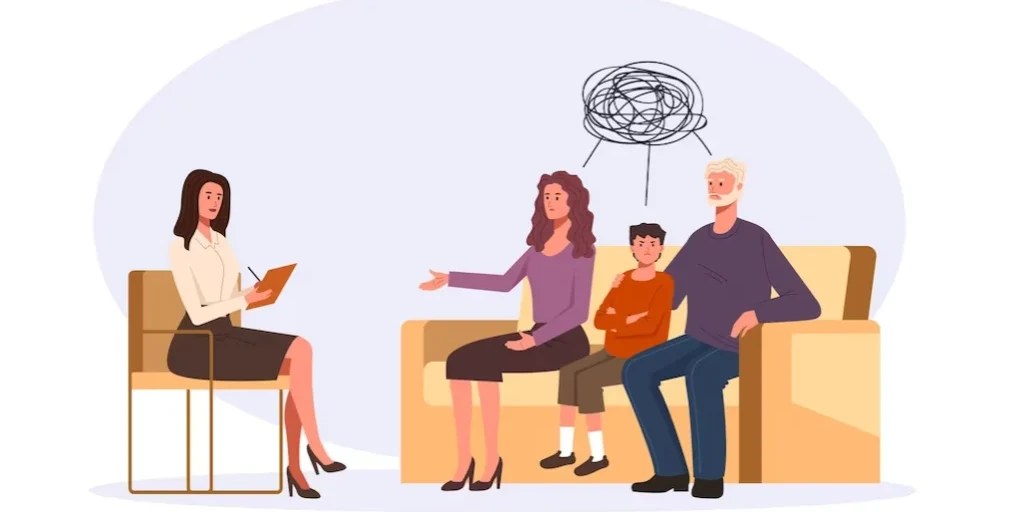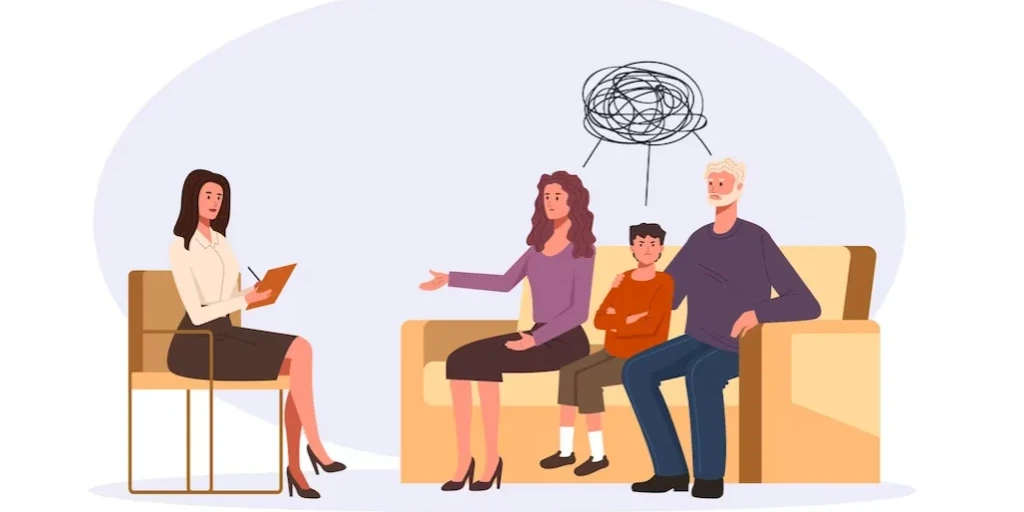24/7 Helpline:
(866) 899-221924/7 Helpline:
(866) 899-2219
Learn more about Depression Treatment centers in Castro County

Other Insurance Options

Horizon Healthcare Service

Humana

Magellan Health

American Behavioral

Optum

Carleon

State Farm

Private insurance

Self-pay options

Highmark

Oxford

Ceridian

Premera

Sutter

Multiplan

BlueCross

WellPoint

Holman Group

Evernorth

Lucent















Dimmitt – Outpatient
Dimmitt – Outpatient is a private rehab located in Dimmitt, Texas. Dimmitt – Outpatient specializes ...











